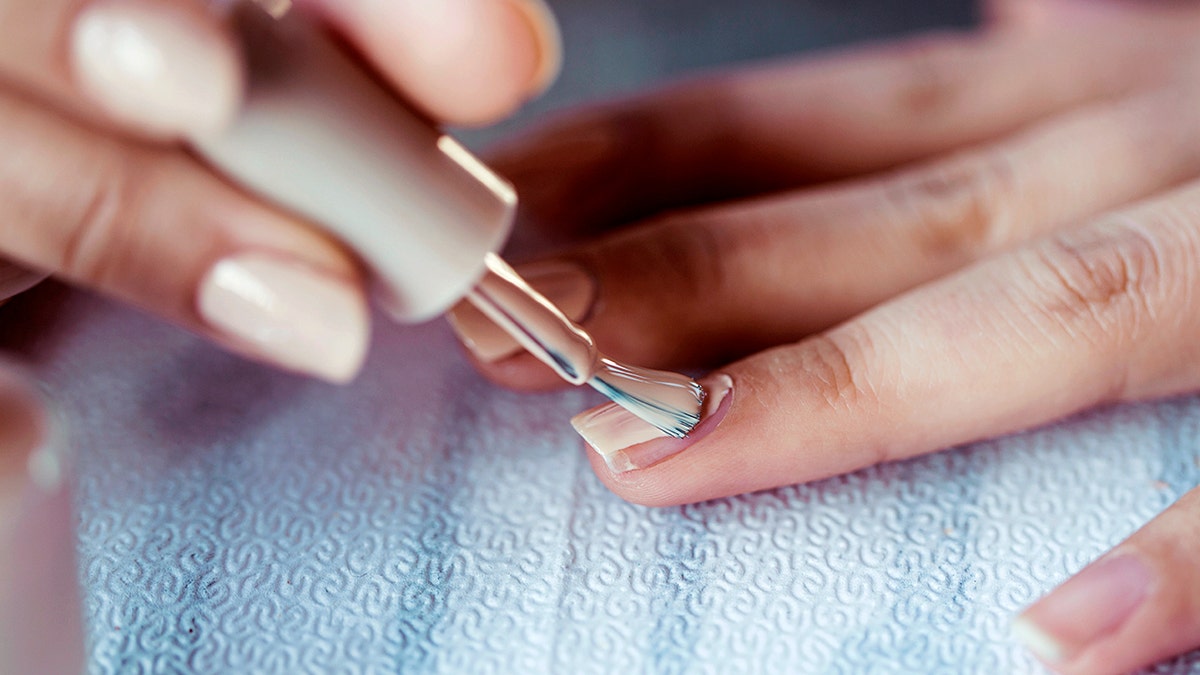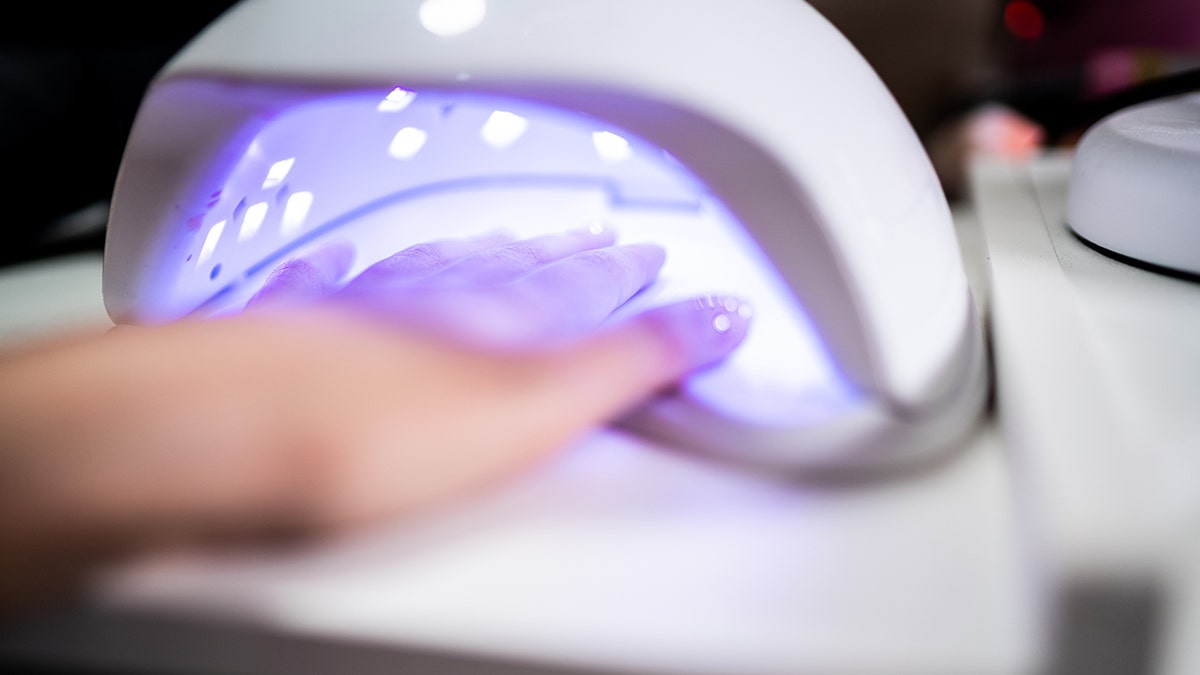

Gel manicures are a beauty staple for millions, lasting weeks without chips and staying glossy through work, workouts and everything in between.
But as of Sept. 1, 2025, the European Union has banned a chemical used in many gel polishes, sparking safety concerns and uncertainty for nail salons, according to a press release.
The ingredient in question is Trimethylbenzoyl Diphenylphosphine Oxide (TPO). This compound reacts under UV light to make the polish harden quickly and give it a glass-like finish.

As of Sept. 1, 2025, the European Union has banned a chemical used in many gel polishes, sparking safety concerns and uncertainty for nail salons. (iStock)
The decision appears to stem from several studies linking TPO exposure to fertility issues.
These studies often focused on animal subjects, not humans, but the EU uses a strict "better safe than sorry" approach when it comes to cosmetics.
PLASTIC WATER BOTTLE LEFT IN A HOT CAR? THINK TWICE BEFORE SIPPING FROM IT
Regulators reclassified TPO as a Category 1B CMR substance, meaning it may cause cancer or reproductive harm. Under EU law, that triggered an automatic ban.
As a result, both the marketing and use of cosmetic products containing TPO — including in professional settings like nail salons — are strictly prohibited.
The key difference between gel and regular polish is the application process — and it’s not just the compounds people need to watch, according to Cleveland Clinic.
"The two products usually look identical, but while you simply wait for regular nail polish to dry on its own … gel nail polish quick-dries under a specialized UV or LED lamp in 60 to 90 seconds," the site reads.

The ingredient Trimethylbenzoyl Diphenylphosphine Oxide (TPO) reacts under UV light to make polish harden quickly and give it a glass-like finish. (iStock)
During a manicure, these lamps help to set gel manicures and dry polish. However, they also emit ultraviolet rays, which have been linked to skin cancer and premature aging, the above source stated.
These rays penetrate deep into the skin and damage collagen. However, studies have shown that the connection between nail salon lamps and cancer appears weak or inconclusive.
Salons in the EU must immediately stop using TPO products, even if they stocked up before the deadline, the release states.

Studies have shown that the connection between nail salon lamps and cancer appears weak or inconclusive. (iStock)
Technically, even old bottles of polish containing TPO aren’t legal after Sept. 1. The ban only applies in the EU for now.
The good news for customers, however, is that gel nails aren’t going away.
Brands are already reformulating with alternative ingredients like TPO-L, BAPO and methyl benzoylformate, according to industry reports.
